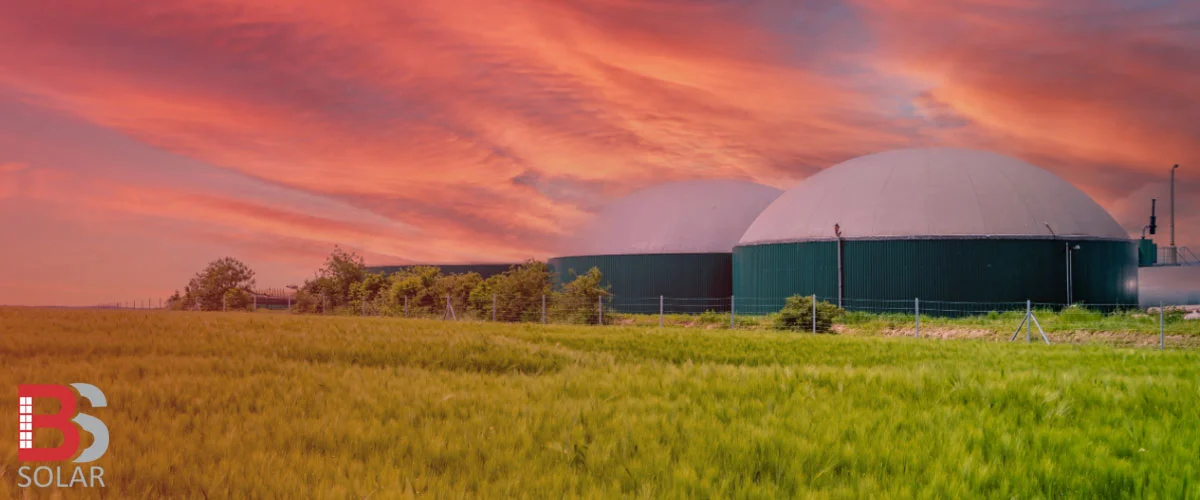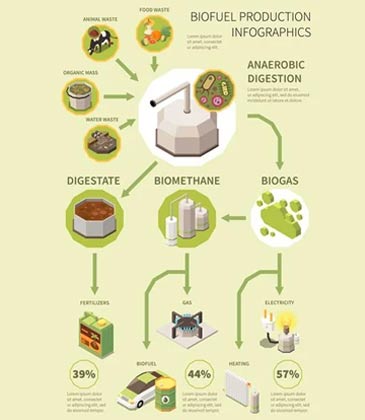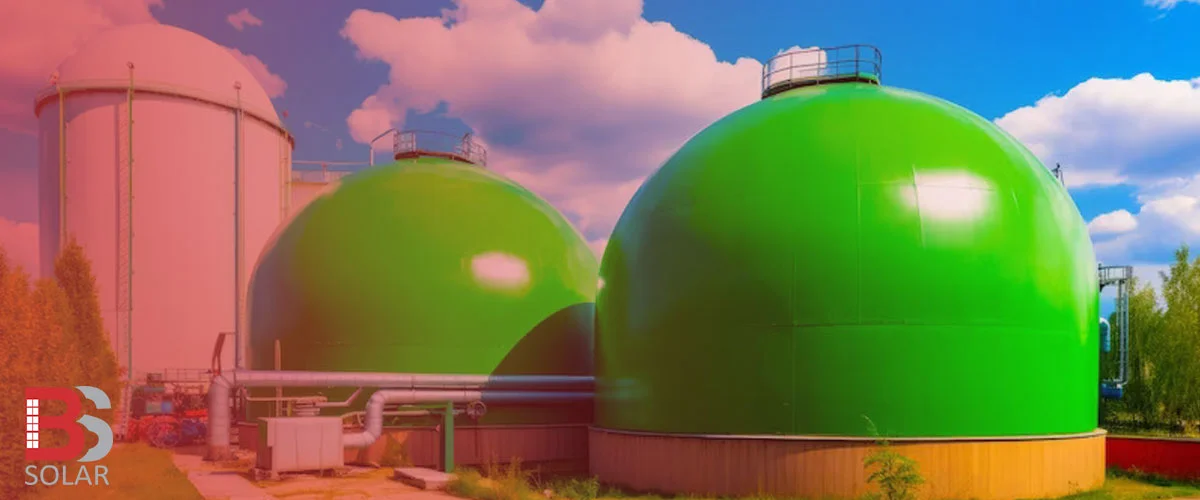
Bio Gas Energy Solutions in Pakistan
Biogas energy is a renewable and environmentally friendly source derived from the anaerobic digestion of organic materials, such as agricultural residues, sewage, and organic waste. Through this natural fermentation process, microorganisms break down organic matter, producing biogas—a mixture of methane and carbon dioxide.
This biogas can be captured and utilized as a clean energy source for heating, electricity generation, and as a vehicle fuel. One of the notable environmental benefits of biogas is its role in waste management, as it helps convert organic waste into a valuable energy resource while reducing methane emissions from decomposing organic matter.
What We Offer?
Why Choose Us?
Biogas is a renewable energy source produced through the anaerobic digestion of organic materials, such as agricultural residues, food waste, and animal manure. Microorganisms break down these materials in the absence of oxygen, producing methane-rich biogas.
Biogas production captures methane, a potent greenhouse gas released during the decomposition of organic waste. By utilizing this methane as a clean energy source, biogas systems significantly reduce overall greenhouse gas emissions.
Various organic materials can be used, including agricultural residues, crop waste, food scraps, animal manure, sewage sludge, and organic industrial waste. The diversity of feedstocks allows flexibility in biogas production.
Yes, biogas is a versatile energy source that can be used for both heating and electricity generation. It can be utilized in combined heat and power (CHP) systems to maximize energy efficiency.
The environmental benefits of biogas include reduced greenhouse gas emissions, improved waste management by recycling organic materials, and the production of nutrient-rich digestate that serves as organic fertilizer.
Yes, biogas systems can be implemented at various scales. Small-scale community digesters, farm-based systems, and large-scale industrial plants cater to different energy needs and waste management requirements.
Anaerobic digestion is a biological process where microorganisms break down organic matter in the absence of oxygen, producing methane and carbon dioxide. This process is facilitated in biogas digesters designed for optimal conditions.
Yes, biogas can be used as a transportation fuel, especially when upgraded to biomethane. It can fuel vehicles, contributing to a cleaner and more sustainable alternative to traditional fossil fuels.
Digestate is the nutrient-rich byproduct of anaerobic digestion. It can be used as an organic fertilizer in agriculture, providing essential nutrients for plants and closing the loop on sustainable waste management

Benefits of BioGas Energy
Biogas energy aligns with the broader goal of fostering a circular economy, reducing reliance on non-renewable resources, and promoting cleaner energy solutions.
- Greenhouse Gas Reduction
- Sustainable Waste Management
- Renewable Energy Source
- Energy Independence
- Localized Energy Production

